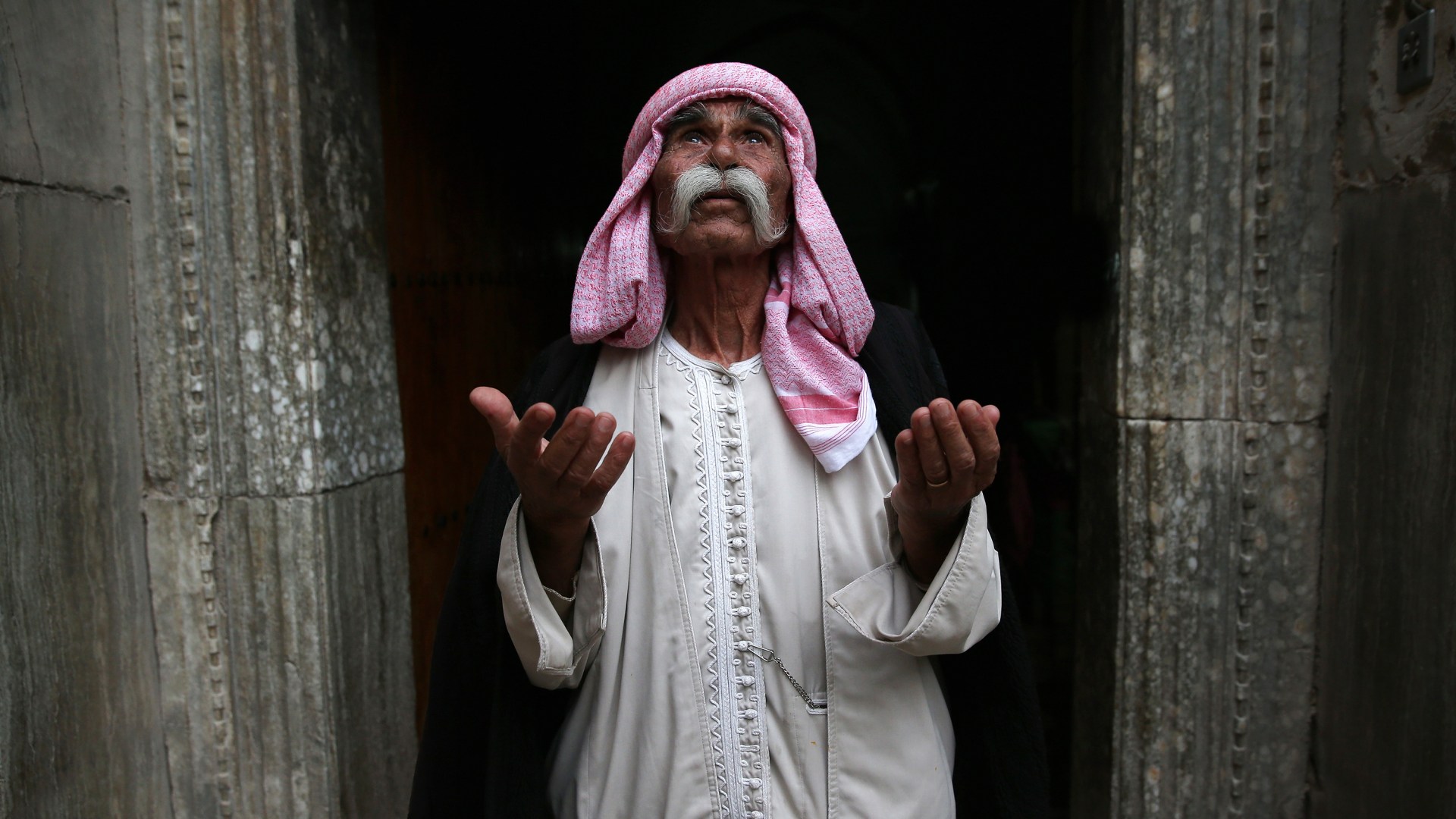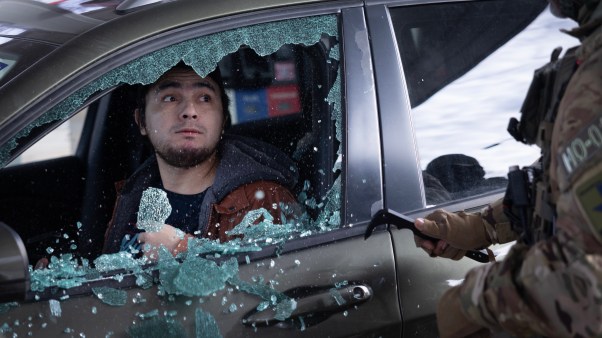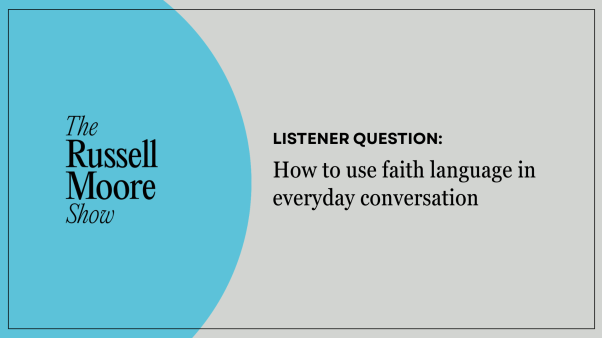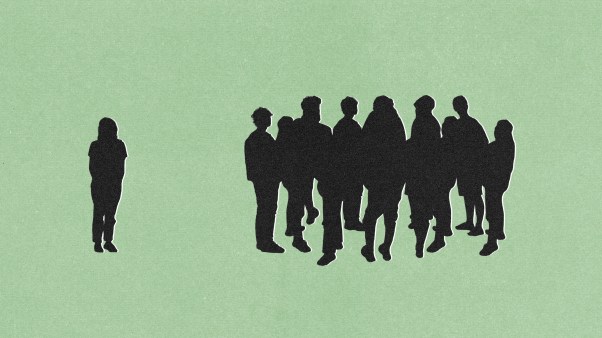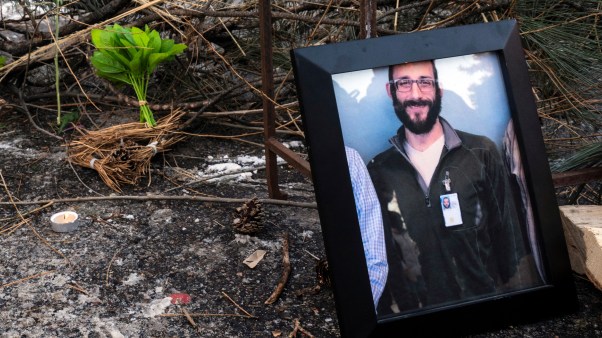This is part 2 in a series on the Yazidi community. Click here for part 1.
The previous article in this series highlighted the impact of USAID cuts on the vulnerable Yazidi community in Iraq. ISIS displaced Yazidis from their historic home of Sinjar in northern Iraq in 2014, killing and enslaving thousands. The jihadist group claimed that the Yazidis, whose religion has roots in ancient Mesopotamia, worshiped Satan. (The nature of the Yazidi religion will be discussed in the final article of this series.)
After US coalition forces drove back ISIS, most Yazidis remained in United Nations camps for the internally displaced. USAID was a key aid provider, facilitating access to essential services for more than 30,000 people in Sinjar. The cuts have prevented vulnerable groups like the Yazidis from accessing food and health care they need to survive, wrote Amy Hawthorne, a former Obama-era State Department official.
Yet the legacy of USAID in the Middle East is mixed.
American foreign policy is “deeply unpopular” in the region, Hawthorne continued, while tens of billions of dollars in assistance have failed to create stability, prosperity, or democracy.
If USAID has its critics in the region, so too does faith-based aid.
“Some [Iraqis and secular expats] are very critical of Christians,” said one aid worker serving Yazidis. CT granted him anonymity due to the sensitivity of the issue. “They accuse us of mixing help with the gospel.”
Humanitarian organizations of many varieties rushed to help the Yazidis in 2014 during their displacement. Yet large agencies like World Vision, Medair, and Doctors Without Borders began leaving in 2019 as the situation stabilized and crises multiplied around the world. Among the international groups remaining, the aid worker said, many are small and motivated by a long-term commitment to serve the Yazidi people.
For instance, the Kurdistan-based Zalal Life (highlighted in part 1) provides food distribution, vocational training, and medical services to three Yazidi camps and dozens of villages in the northern Iraqi governorate of Duhok. Other Yazidis are displaced to Iraq’s Nineveh valley, bordering Syria.
Ashty Bahro, who founded the Christian group in 2007, has never received USAID or UN funding. But this would not be a problem in Kurdistan, he explained, because unlike many Arabs in the Middle East, most Kurds love America.
Christian foundations and church support fund Zalal Life operations, he said, which recently included the repair of 100 tents left leaking in the wake of Trump’s budget cuts. And his two medical clinics are now serving twice as many patients as before, with three times the demand.
Bahro said the aid work is separate from his church ministry. He is also the pastor of Apostles’ Evangelical Church, which he registered with the Kurdish authorities in 2021—with its Kurdish name. Historic Christians in Iraq, like Bahro’s Chaldean community, worship primarily in Arabic or their ethnic languages. The vast majority of Kurds are Sunni Muslims. Few Middle East nations permit converts such public presence.
But the Kurdistan Regional Government (KRG) has embraced a spirit of religious tolerance for many faiths, said Jeremy Barker, associate vice president of international strategies at Religious Freedom Institute. While not without its challenges, the government has granted recognition to not only centuries-old Orthodox and Catholic communities but also a number of Protestant churches.
Sam Brownback, former US ambassador-at-large for international religious freedom, called the KRG a “rare example” in the Middle East. In April he attended Kurdistan’s first-ever national prayer breakfast, where Barker, who lives in Kurdistan’s capital of Erbil, facilitated two panel discussions on religious liberty.
Alongside his church ministry, Bahro runs a local stationery shop that also sells Bibles. He is upfront about his faith. But he said that some groups operate without consideration for the local culture. This issue—or at least this accusation—dates back to 2015 when ISIS was defeated.
“Attached with humanitarian aid, [Christian groups] distribute bibles and pamphlets containing information about Christianity,” Vian Dakhil, a Yazidi member of the Kurdish parliament, stated at the time. The Kurdistan region’s office of Christian affairs, however, commented that most established groups behave ethically and are not pushing conversion.
Samaritan’s Purse stopped working in the camps in 2023 but maintains six projects in the area.
“Like the biblical story of the Good Samaritan, we help people in the ditches of life regardless of their beliefs or background—without asking for anything in return.” CEO Franklin Graham told CT.
But the issue continues. Light A Candle, a humanitarian organization founded by Pentecostal worship leader Sean Feucht, distributes aid to the internally displaced. Two years ago, they conducted a prayer session at a Yazidi temple. After the group posted a video on Instagram of Christian aid workers praying for God to “break the power of the Satanic curse” it holds over Yazidis, local Yazidis were outraged.
Bahro apologized to the camp elders, as he had vouched for the group.
Hadi Maao, a Yazidi profiled in the previous story, said the incident at the shine angered his community not because of the prayer itself but because of its accusation that their religion is associated with Satan.
However, conversion is also a sensitive topic. If a Yazidi converts to another religion, they cannot return to their faith. Depending on the family, they may also be ostracized.
Local believers who want to promote Christianity can also complicate aid work. Last October, members of Bahro’s church distributed coloring books of biblical characters within a Yazidi camp where Zalal Life operates. The material was not evangelistic, but the incident with Light A Candle had troubled relations. Though the distribution was not associated with Bahro’s organization, Kurds and Yazidis both tend to see all Christians as the same, he said. The elders complained to the government, and as their pastor, Bahro once more apologized.
While the offense could have resulted in the expulsion of Christian aid work, the elders were gracious, he said, replying, “Just don’t let it happen again.”
Bahro advises eager Christians—local or expatriate—to consult with experienced local believers before working with non-Christian populations, whether Yazidis, Kurds, or Syrian refugees. Government officials, he said, do not have a problem with people sharing their faith. But the authorities also do not want to deal with problems between religious groups.
“Some have money; some have zeal,” Bahro said. “But all should have wisdom.”
Such insight has led Bahro to strive to increase local religious harmony. From 2021 to 2023, he ran seminars for government, religious, and community leaders to strengthen local religious relations. They were held in the regional capital of Duhok, home to Muslim, Christian, and Yazidi populations. On average, about 50 people would attend.
Most Kurds believe Yazidis share their ethnicity, and many help in the camps, Bahro said. While more-religious Muslims tend to reject them for their religion, Syrian refugees in Kurdistan view them through an ethnic rather than a religious lens, and Christians are also usually on good terms with Yazidis.
In private conversations with intolerant Muslims, Bahro emphasizes that Yazidis are humans created by God. But in the seminars, he did not discuss the particulars of the Yazidi faith or any creed—wishing to avoid disputed theological issues. Instead, his message focused on the ethics of neighborliness and common citizenship, noting that religion was not a reason to hate someone.
He even employed an implicit object lesson. Bahro’s co-presenter was an elder in his church of Kurdish Muslim background. Some present in the meetings knew this; others did not. But out of respect for all, his religion was not advertised. The elder was speaking as a fellow Iraqi citizen.
“People will see what we do and glorify our Father in heaven,” Bahro told CT, quoting from Matthew 5. “But we are all stronger if we love one another.”

